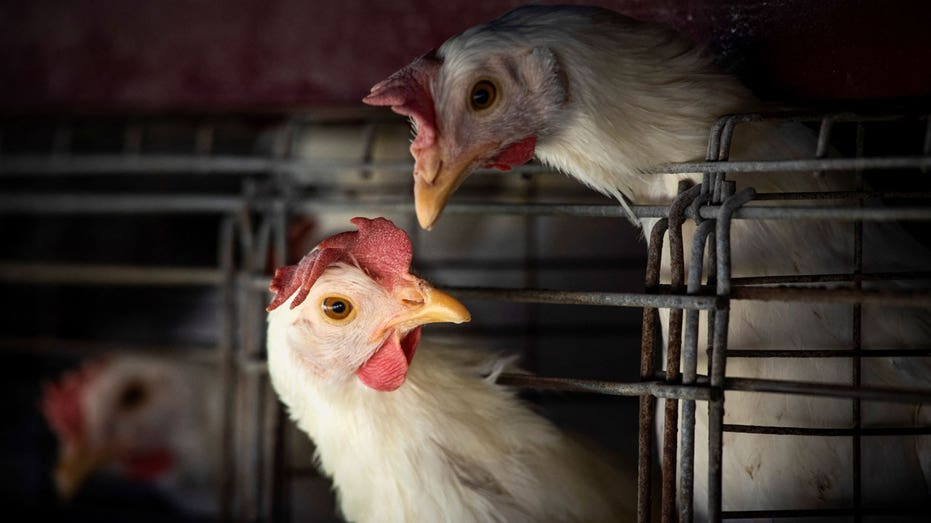Deadly Bird Flu Strain Resurfaces After 8 Years in Mississippi

Sarah Johnson
March 20, 2025
Brief
The H7N9 bird flu strain has re-emerged in the US after eight years, detected in Mississippi poultry. Officials confirm containment measures and advise safe poultry handling.
A new outbreak of the deadly H7N9 bird flu strain has been confirmed in the United States for the first time in eight years. The virus was detected on a poultry farm in Noxubee, Mississippi, marking its unwelcome return since 2017.
The infection, involving a staggering 47,654 commercial broiler-breeder chickens, was officially confirmed on March 13 by the World Organization for Animal Health (WOAH). Mississippi's Veterinary Research & Diagnostic Laboratory tested the flock, and the results, shared by the State of Mississippi Board of Animal Health, were grim: positive for highly pathogenic avian influenza.
To curb the spread, the affected area has been placed under quarantine, and all birds on the property have been euthanized. Officials assured the public that none of the infected birds entered the food system. Small consolation, but still good to know.
The USDA Animal and Plant Health Inspection Service (APHIS), along with state animal health and wildlife officials, is conducting a comprehensive investigation and heightened surveillance to understand the outbreak's scope.
While the H5N1 strain has dominated recent headlines for its devastating impact on poultry and even claimed a human life, H7N9 is no minor player. Globally, it has infected 1,568 people since its first detection in China in 2013, with an alarming death toll of 616, according to the World Health Organization (WHO). Thankfully, neither H5N1 nor H7N9 transmits easily between humans—small blessings in a world already juggling a buffet of health crises.
Dr. John Whyte, WebMD CEO and practicing physician, reassured the public that while caution is necessary, panic is not. "You definitely want to cook poultry, and you definitely want to make sure you cook eggs, typically at an internal temperature of about 165 degrees," he advised. Also, in case you needed another reason to skip runny eggs for now, here's one.
Dr. Whyte added, "Of all the things that I'm concerned about right now in terms of flu, respiratory viruses, or even measles outbreaks, I'm aware of bird flu, and I think people should be aware of it, but I'm not overly concerned about it." A calm voice in the storm, but still—maybe double-check your poultry's internal temperature.
Topics
Editor's Comments
It’s wild how something as innocuous-sounding as a chicken farm can turn into a potential flashpoint for a global health crisis. This outbreak is a stark reminder of how interconnected our food systems and health are. Also, Dr. Whyte’s advice about cooking poultry is sound, but let’s be real—if you’re still eating undercooked chicken at this point, you’re playing with fire (or lack thereof).
Like this article? Share it with your friends!
If you find this article interesting, feel free to share it with your friends!
Thank you for your support! Sharing is the greatest encouragement for us.



